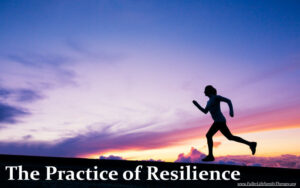When African Americans Grieve
This summer, the nation and the world grieved the loss of George Floyd and other victims of police violence. The sting of racial injustice…

This summer, the nation and the world grieved the loss of George Floyd and other victims of police violence. The sting of racial injustice…

Difficult Times As our nation and world around us is surrounded by news of the COVID 19 epidemic, it can be very easy to…

In light of the recent global novel Coronavirus pandemic that spread and claimed the lives of hundreds of thousands of people in local communities,…

A woman’s identity changes when she becomes a mother. There comes a time when she feels overwhelmed, including thoughts and feelings of depression and anxiety. These feelings are normal, but may be a sign of something more than typical baby blues.

Look around you right now. Can you see the floor or is it covered in laundry? Are you reading this while sitting at a…

Everyone reaches a point when moving forward seems impossible. You feel you’ve given your best in your marriage, with your family and in your…

Major depression or clinical depression can feel overwhelming. Spending time with family and friends or doing activities that were once enjoyable may feel exhausting…

The promise of new life brings with it anticipation and dreams of a growing family. Happiness is what many of us think of when…

There has been much focus lately on the benefits of mindfulness, a practice that encourages focused attention and self-acceptance in the present moment. You…
End of content
End of content
Life’s too short to stay stuck. Request an appointment now.
Would you like to get our monthly resources for mental wellness?
